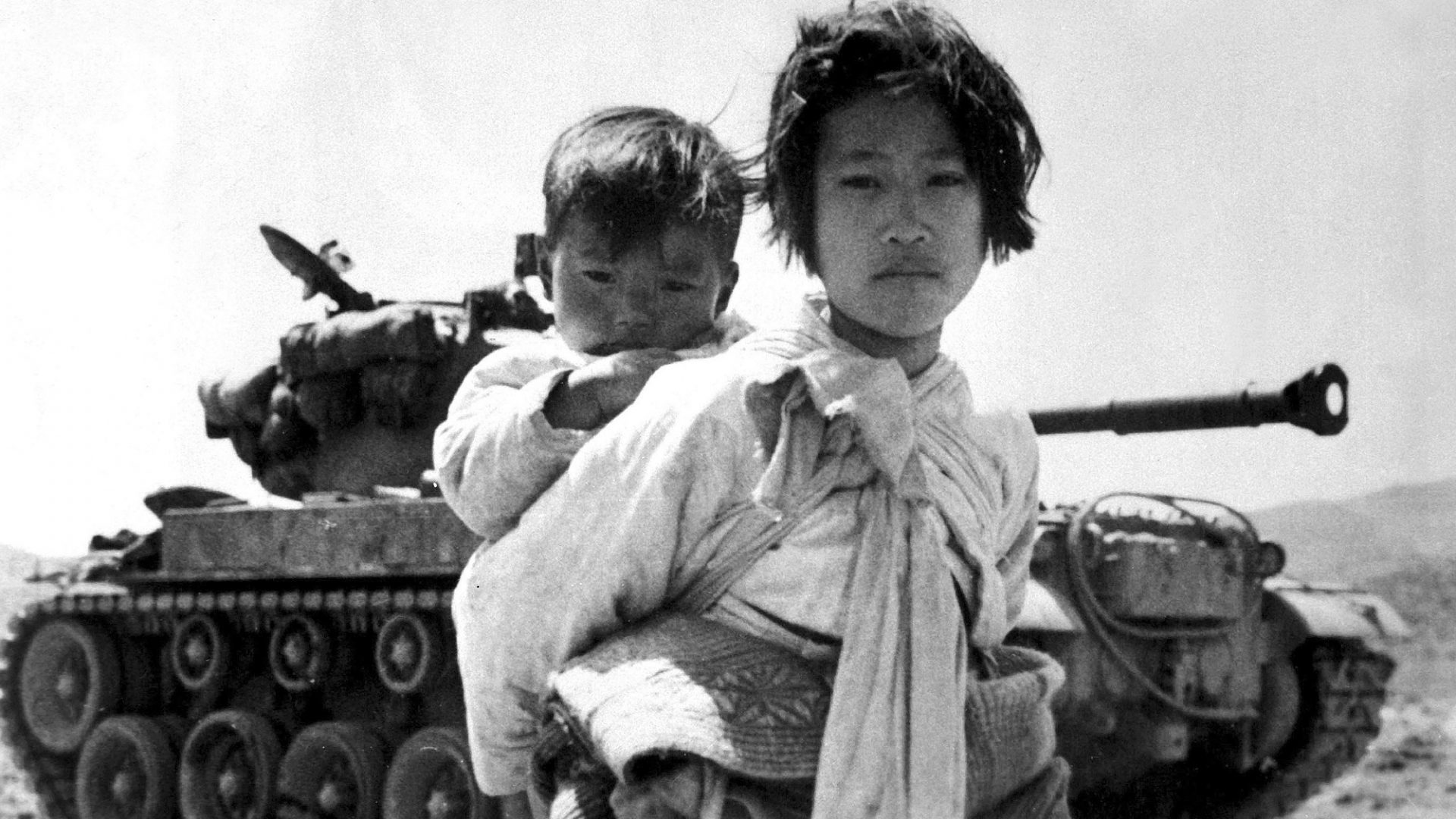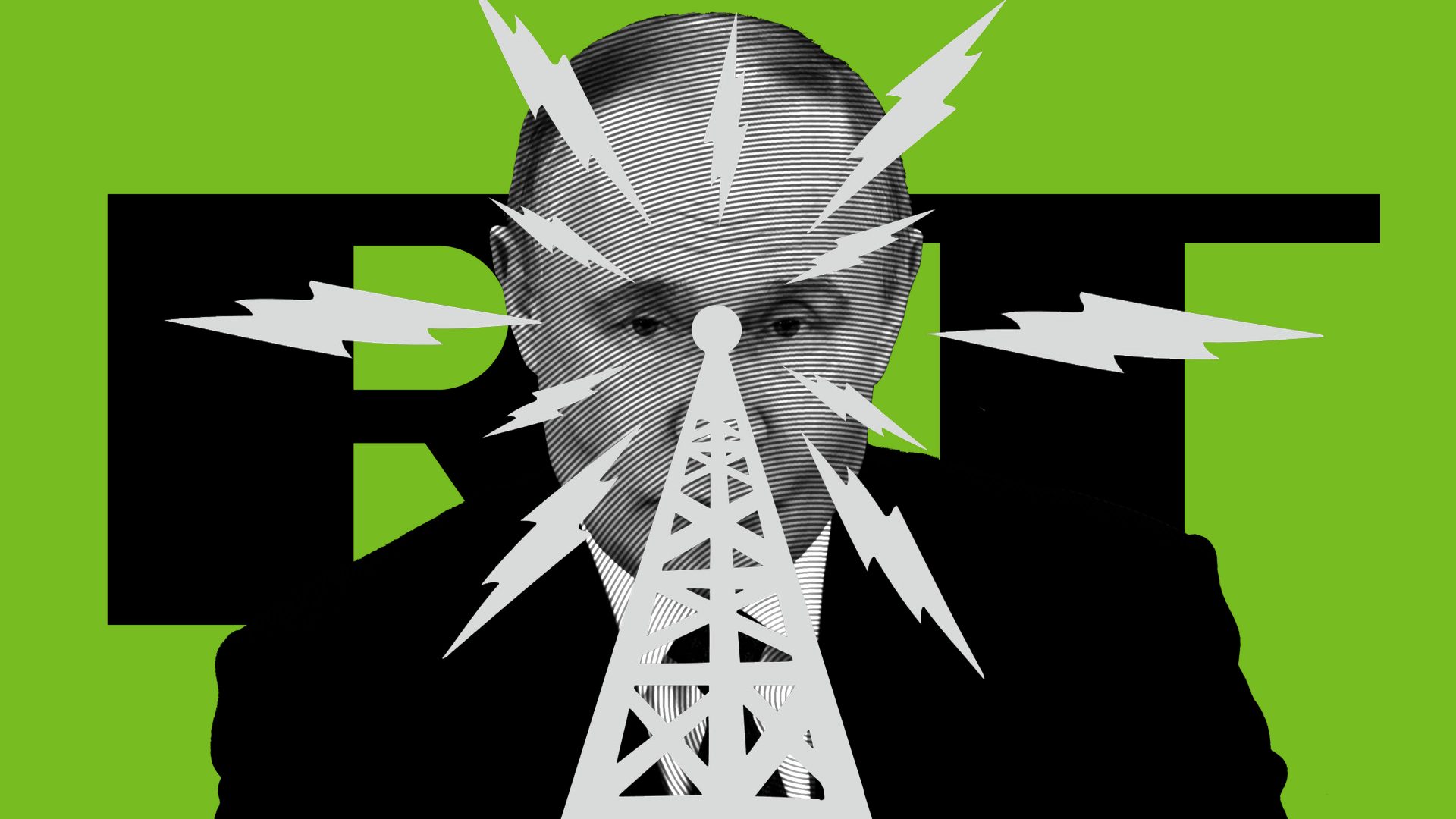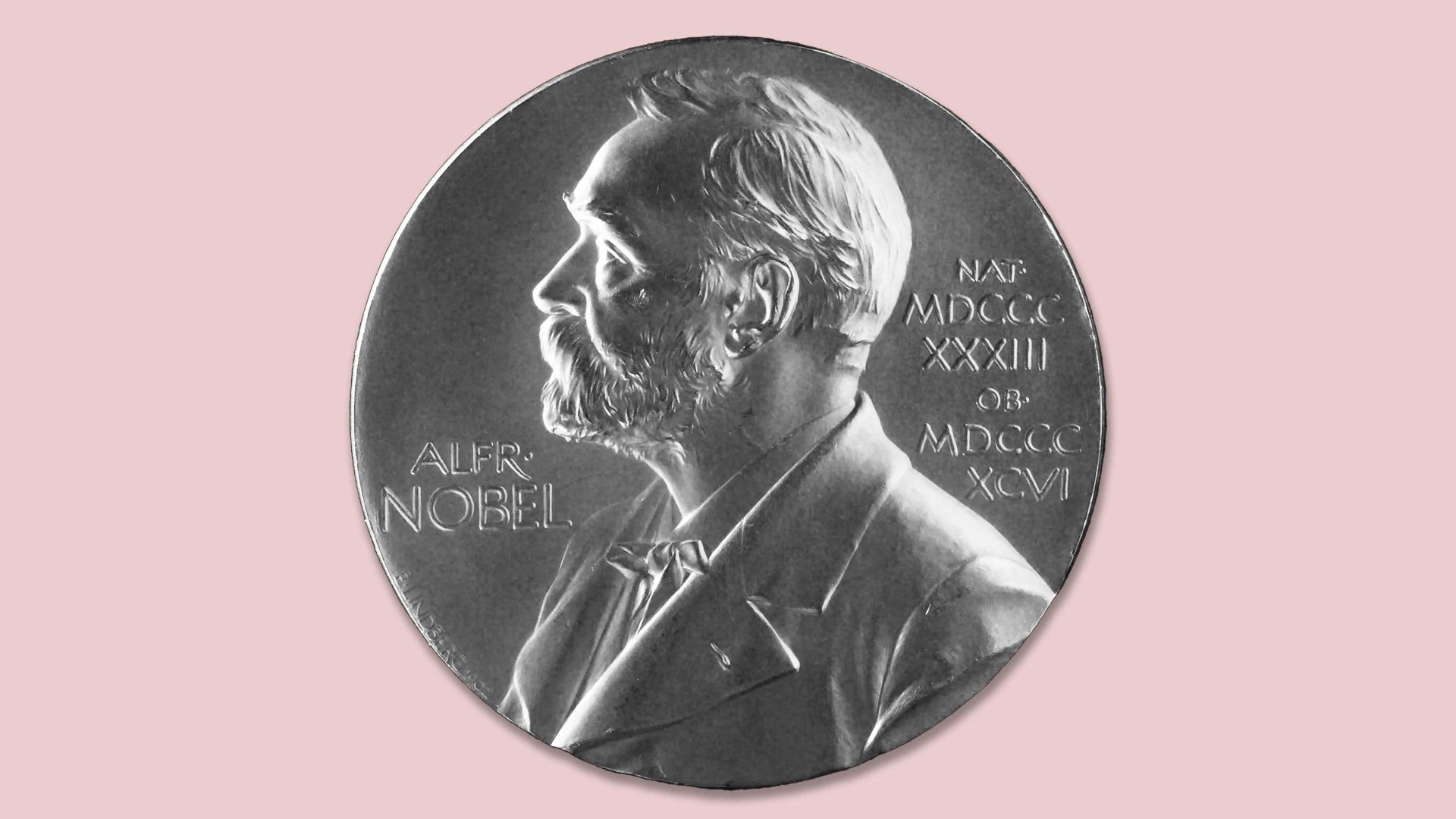Up until the second world war, Korea had been a Japanese colony. But with the final defeat of the imperial army, in September 1945 the peninsula was divided in two at the 38th parallel, into a communist north Korea and US-backed south. The Soviet Union installed Kim Il Sung as ruler in the north, and by 1949 Kim was already pressuring Stalin to support an attack on the south.
In 1950 Stalin acquiesced, convinced that the US would not intervene. On June 25, 1950, with Mao’s support, Kim’s army invaded. The southern army collapsed – but Stalin’s assumption of US ambivalence was wrong. President Truman sent the first American soldiers in July – exactly 75 years ago – determined to avoid the mistakes of the appeasement era. British troops were also deployed.
Initial western operations were a disaster. In its attack on northern forces, the US 24th Infantry Division suffered nearly 4,000 casualties.
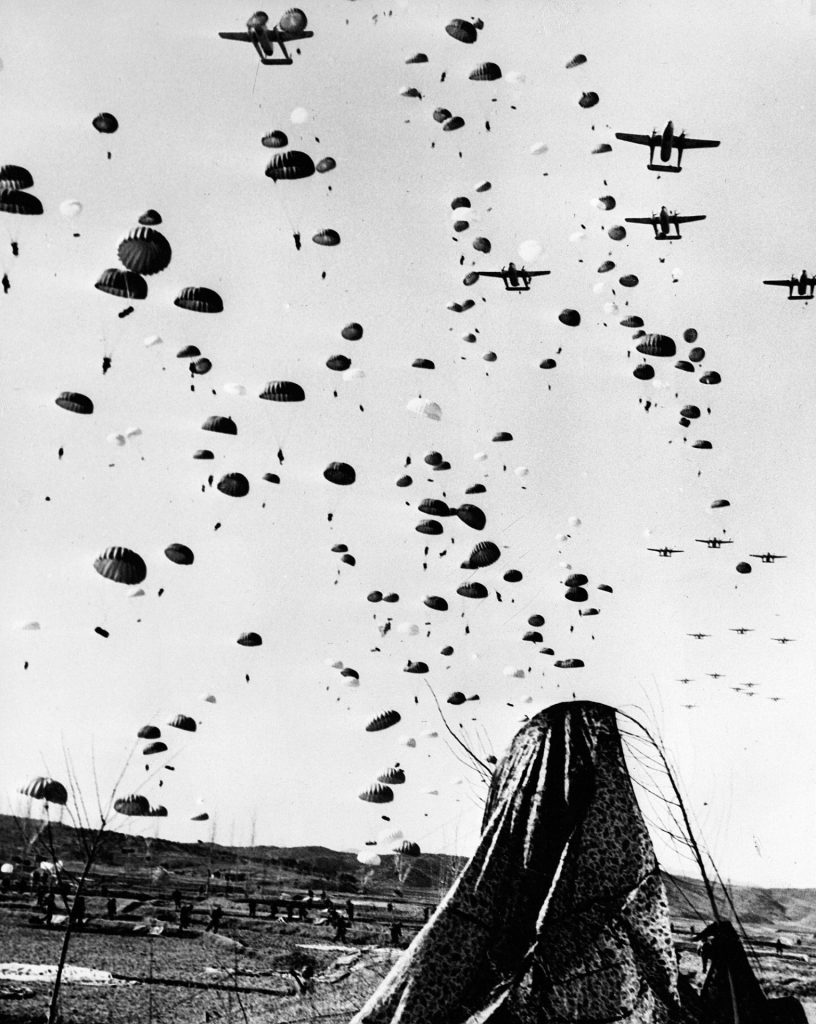
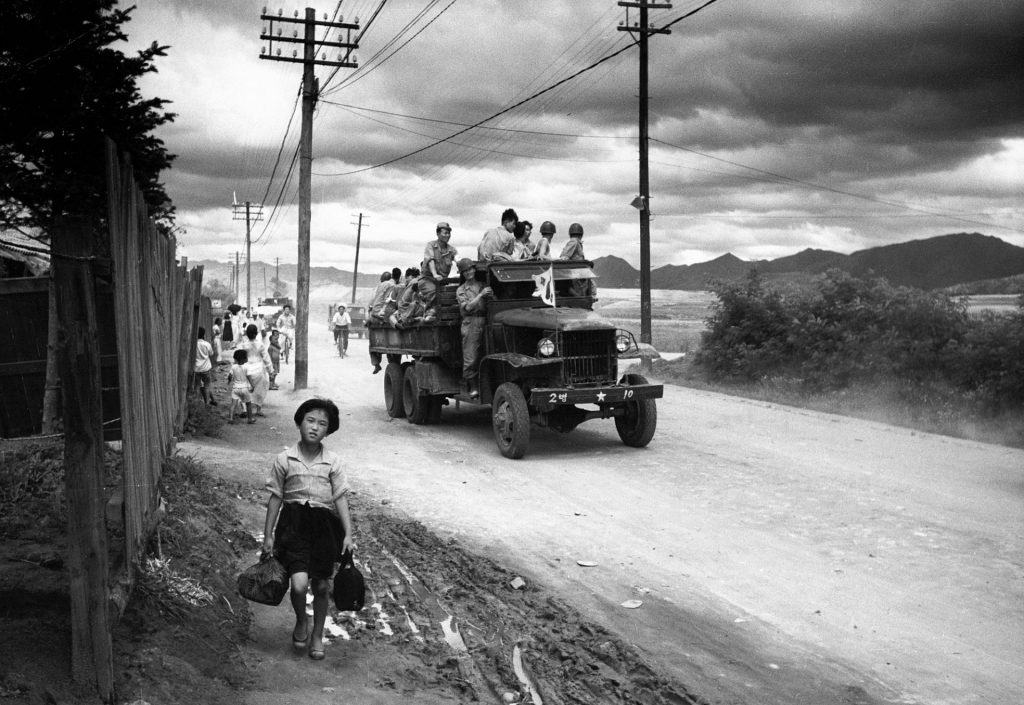
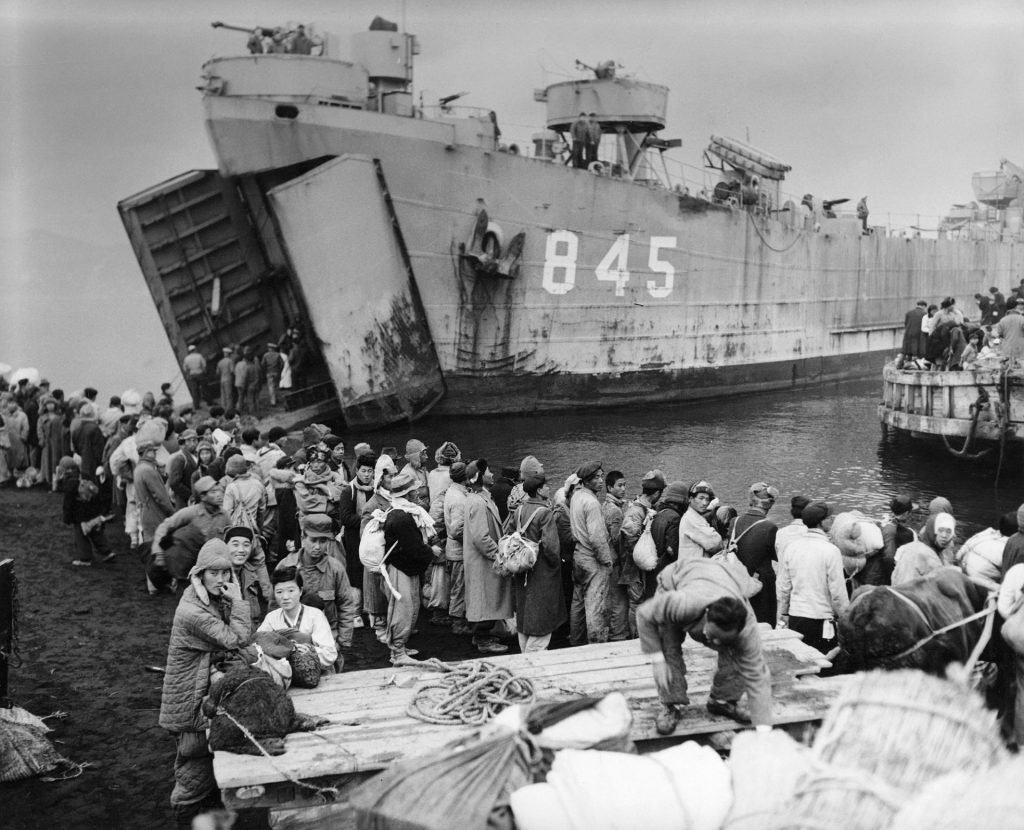
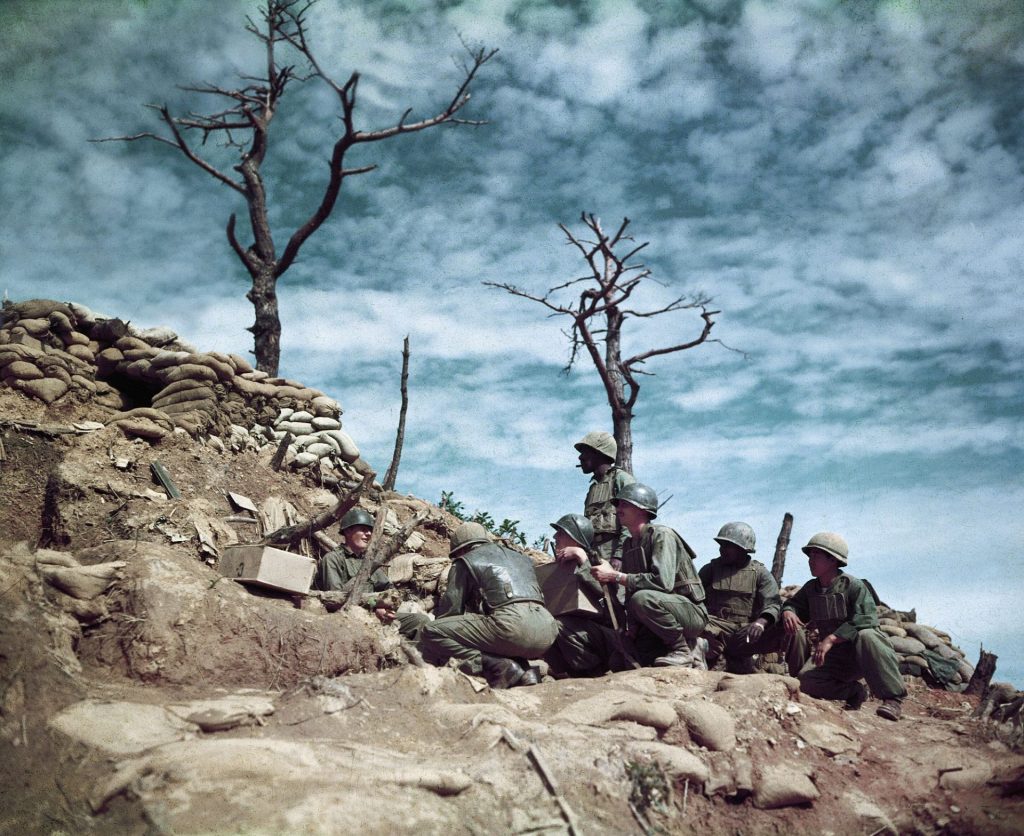
By November, China had entered the war, sending 180,000 troops across the border. During the US retreat from the Chongchon river, the reporter Reginald Thompson recalled how the war became a “game of blind man’s buff in these wild rugged irregular hills, in which the enemy moved freely, easily eluding the groping arms of the Americans.” When the Chinese human wave attacks came in, Thompson recalled, “seven men out of each 10 [were] literally draped with percussion grenades on sticks, and the remaining three with automatic weapons”. The aftermath of these skirmishes, Thompson recalled, was “like moving in a land of shadows and ghosts and dead”.
The suffering of the Korean population was terrible. In one account, René Cutforth, the British journalist, described finding an abandoned refugee child in the ruins of Seoul: “It lay in a pile of its own excrement in a sort of nest it had scratched out among the rice sacks,” he wrote. The child’s neck was “not much thicker than a broom handle and it had the enormous pot belly of starvation.”
The padre in charge of the city’s orphans remarked, “They are the real victims of the war… the bad cases tend to become very silent children, even when they have grown sturdy again.”
“I have a little boy who has said nothing for three months now, but ‘yes’ and ‘no’.”
When Stalin died in March 1953, the Soviet Union went into an intense period of internal politicking, which curtailed its appetite for foreign war. That, combined with the conflict’s descent into stalemate increased the push for a settlement, and the war in Korea officially ended on July 27, 1953. Five million people had been killed. The peninsula remains divided.

